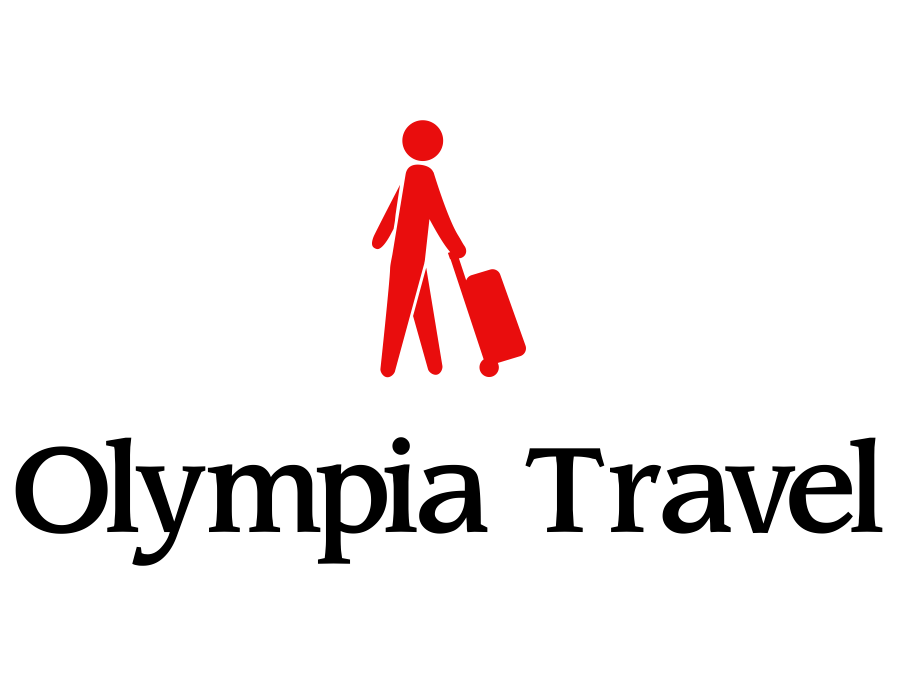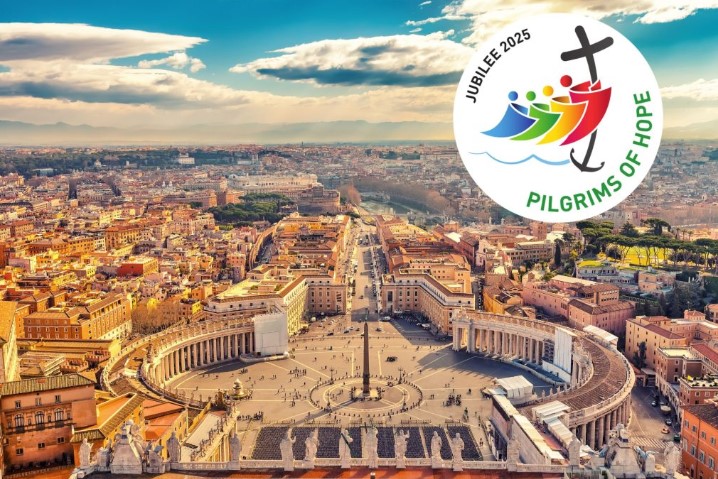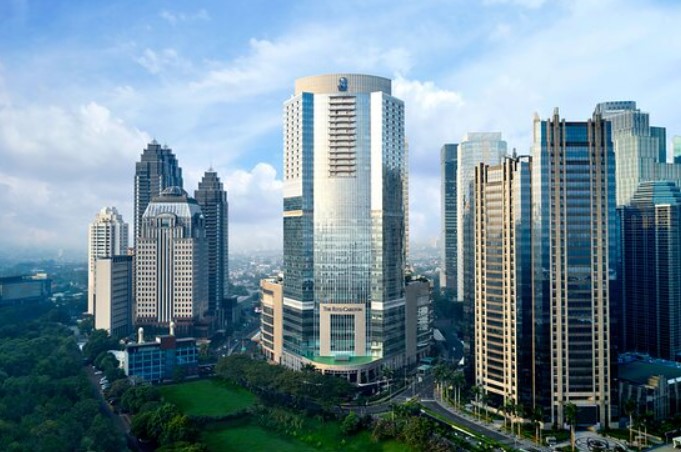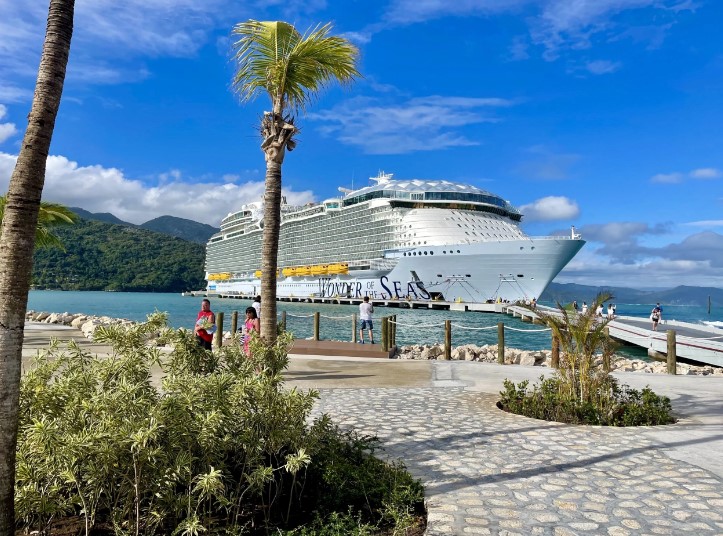Last Updated
Vietnam has just removed its Covid testing requirement for all travelers – which means the country now has ZERO Covid-related entry requirements.
With effect from 15 May any visitor that is entering Vietnam is no longer required to take a pre-departure Covid-19 PCR test or Rapid Antigen test prior to their arrival.

Therefore, traveling to Vietnam is now like what it was in pre-pandemic times, with travelers only needing to obtain a visa prior to traveling – or alternatively enter visa-free – if they hold a passport which allows them to do so.
What Were The Previous Entry Requirements For Vietnam?

Two months ago we reported that Vietnam had reopened for tourism purposes once again – with the country in fact going from being one of the strictest countries for international visitors to be able to enter in Southeast Asia, to becoming the easiest.
And, this was due to their simple entry requirements, which included only the following:

- take a Covid-19 RT-PCR or RT-LAMP test no more than three days (72 hours) prior to your departure, OR;
- take a Covid-19 rapid antigen test no more than one day (24 hours) prior to your departure

Contrary to many other Asian nations, Vietnam has also not required travelers to declare their vaccination status since reopening, and so all visitors – whether vaccinated or not – have had to adhere to the above entry rules.
However, with Vietnam having already removed the requirement for travelers to complete the online health declaration form, download the government’s ‘PC-Covid’ app – as well as the need to purchase Covid-19 travel insurance – the nation had in fact only requested recent travelers entering the country to undergo pre-departure testing.

From yesterday (May 15, 2022), though, this is no longer required – and so travelers now only need to obtain an eVisa prior to their arrival, unless they are allowed visa-free travel due to them holding a passport from a nation that qualifies for this.
Obtaining A Visa For Entry To Vietnam

American and Canadian travelers will need to obtain a tourist eVisa online before traveling to Vietnam – however – this is extremely simple and straightforward, with the online application process taking around 5 minutes to complete.
So, where can you get your tourist eVisa for Vietnam?
It is extremely easy to obtain your tourist eVisa for Vietnam – by applying online here.

You will need to complete an online form with your passport details, as well as upload an electronic copy of your passport, along with a digital passport-sized photo.
The website states that you should receive the result of your visa application within 3 working days – and you will receive an email with a confirmation of this.

However – based on my own recent experience when traveling to Vietnam – it took 4 working days to receive confirmation of my eVisa, and so I would recommend applying at least 7 working days before your planned departure to Vietnam.
Once you have submitted your application, you can continually check the status of this by entering your registration details here.
The cost of the eVisa is US$25.

Once you receive email confirmation that your eVisa application was successful, you will need to go onto the eVisa website and download a PDF copy of your eVisa.
You will need to print this out and show this in hard copy both at the airport that you are departing from – as well as on arrival at the eVisa counter at your arrival port in Vietnam.

How Long Can You Stay In Vietnam With A Tourist eVisa?
Vietnam’s tourist eVisa will allow you to stay in the country for up to 30 days.
Prior to the Covid-19 pandemic, the nation was offering visitors the opportunity to purchase a visa for up to 90 days – however, as of this moment visitors are only able to apply for a eVisa which allows them to stay 30 days inside Vietnam.

Nationals From 25 Countries Qualify For Visa-Free Travel To Vietnam
Nationals from 25 countries – including those who hold a British passport – can enter Vietnam for visa-free travel, from anything from 15 to up to 90 days, depending on the person’s nationality.
For example, British travelers are able to arrive into Vietnam without a visa and stay for up to 15 days.

My Recent Experience Of Traveling To Vietnam
Having traveled to Vietnam myself last week (12 May) – from Kuala Lumpur, Malaysia – I was in fact required to still undergo a pre-departure rapid antigen test 24 hours prior to traveling.
However, this was the only Covid-related entry requirement that I had to adhere to in order to enter the country.

Although upon my arrival into Vietnam, the immigration officer that stamped me into the country did not ask to see my negative Covid test certificate – it was only when I checked into my flight in Malaysia that I was required to show this.
The other documents that I was asked for – when checking into my flight at KLIA2 international airport in Kuala Lumpur – were:

- my passport (obviously!)
- a copy of my eVisa letter for Vietnam
- the booking confirmation of my flight ticket out of Vietnam.
So with no more Covid-related entry requirements to worry about, it is once again as simple as that to enter Vietnam!
Are Masks Still Required In Vietnam?

Having been traveling around Vietnam since last week, there seems to me a much more ‘relaxed’ approach when it comes to wearing a mask in public places – especially compared to when I visited both Malaysia and Thailand in the previous few months.
For instance, when I arrived in Ho Chi Minh City – having taken a flight from Malaysia – there was a considerable number of people outdoors not wearing a face mask.

I also noticed that a number of passengers on my internal flight from Ho Chi Minh City to Danang, just a few days ago, did also not wear a face covering during the flight – with the airline staff appearing to not request them to do so.
Why Should You Visit Vietnam?

There are so many reasons why you should visit Vietnam – with the nation offering many awesome destinations for travelers.
Whether you are looking to find out what it is like to travel the country by one of its sleeper trains or visit one of the nation’s ancient cities, such as Hoi An – there really is something for all types of traveler.

And since the end of last year (2021), it has even been possible to fly direct from the U.S. to Vietnam – with flights available from the state of San Francisco to the city of Ho Chi Minh (Saigon), which is located in the south of Vietnam.
Read more:
Travel Insurance That Covers Covid-19 For 2022
The Most Recent Changes In Southeast Asia Travelers Need To Know For May
What It’s Like Entering Thailand Right Now
↓ Join the community ↓
The Travel Off Path Community FB group has all the latest reopening news, conversations, and Q&A’s happening daily!

SUBSCRIBE TO OUR LATEST POSTS
Enter your email address to subscribe to Travel Off Path’s latest breaking travel news, straight to your inbox
Disclaimer: Current travel rules and restrictions can change without notice. The decision to travel is ultimately your responsibility. Contact your consulate and/or local authorities to confirm your nationality’s entry and/or any changes to travel requirements before traveling. Travel Off Path does not endorse traveling against government advisories






More Stories
France to Continue Issuing Visas to New Vietnamese Passport Holders, But They Cannot Be Used for Travel to Germany
Flag City Honor Flight trip for Vietnam era veterans
Travel firms in trouble after Germany denies visa for Vietnam’s new passports